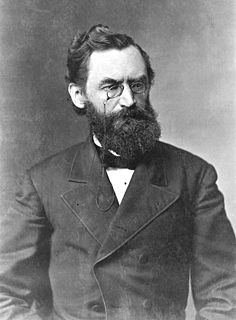A Quote by Vin Diesel
It was interesting to do a completely fictional piece. You know, Saving Private Ryan was not a fictional piece! So the challenge was: How do you incorporate real emotions? How do you incorporate aspects that people are going to be able to identify with?
Related Quotes
I didn't know how to pass a major piece of legislation; I didn't know how to get colleagues to support my views. It took a lot of asking for advice and learning. One of the lessons is that you have to be able to tell people why you care, and you're only going to be able to do that if you talk to someone whom an issue is affecting.
If people ever look down upon you for crying for fictional characters, you should give them a gentle, pitying look and feel bad for them. If they've never cried for a fictional character, then they've never loved one (and what a joy that is). If they've never cried at a book, a movie, a piece of music, then they've missed one of the great pleasures life has to offer. Just because fiction does not contain things that are real doesn't mean it doesn't contain truth, and we find it through the alchemy of our tears.
When you're training as an actor, a lot of the big work you're learning is to treat fictional characters like real people. You don't have the problem of discovering a backstory with real people, but there's always a mystery which is common to both fictional and factual characters. They are never quite the person you think they are.
People ask, like, 'How are you going to incorporate what you do onstage into everything else?' I'm not too worried about that. Whether it's theater or a TV show idea, or an animated thing or, I don't know, an animated screensaver. I really just want to keep creating things. And I've always been able to do that.




































